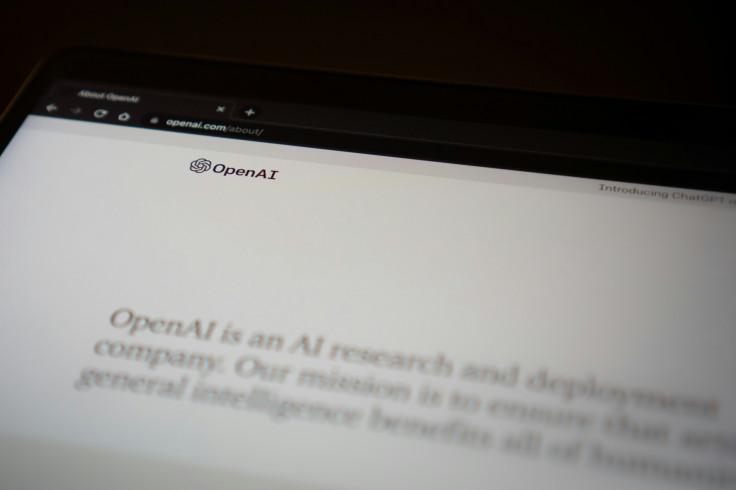AI Regulation Should Focus On Business Applications, Not Just Technological Ambitions - Cybersecurity Expert
Singapore was one of the first countries to develop a National AI Strategy

As governments worldwide continue to grapple with ways to regulate the ever-evolving field of artificial intelligence, new policies must prioritise how this technology is used in day-to-day business applications.
Considering the popularity of artificial intelligence, many believe the technology will become the silver bullet propelling the world into a golden age of human productivity.
However, despite its significance being likened to a 'Gutenberg moment,' the future of regulation could hamstring its potential.
The regulation of such technology should be based on business applications, and there should be greater collaboration between the private and public sectors. The entrepreneurial community has strongly advocated this sentiment at the annual Financial Times Future of AI summit.
Cyber security expert and entrepreneur Rotem Farkash, who attended the summit, said that 'having business use cases encourages organisations to grow and develop new technology, contributing to the ever-evolving innovation sphere.'
Farkash continued that 'regulation of any industry must be carefully analysed before its implementation, with input from various stakeholders.'
Understanding AI Regulation
Regarding the current state of AI regulation, some have highlighted significant issues with attempts at regulation, such as the EU AI Act, arguing that the Act is 'premature innovation-smothering' management.
The Act's main hindrance is its need for more nuance. Despite being the first of its kind, many consider it blanket regulatory changes that lack sector-specific deliberation.
To address these fears from sceptics of the EU AI Act, more forward-thinking, sector-specific approaches should be pursued, such as those recently advocated at the Future of AI Summit.
Speaking at the event, Josephine Teo, Minister of Digital Development and Information for the Singaporean Government, examined pressing issues such as how AI development should be centred on business-use cases due to its high start-up cost.
Singapore was one of the first countries to develop a National AI Strategy. Instead of taking a generalist approach like the European Union, it has gone against the grain and sought a sectoral approach whereby individual ministries publish guidelines.
Singapore was also the first country to launch a Model AI Governance Framework and plans to invest $1 billion into computing and industry development over the next five years.
At the summit, Teo convincingly championed the experimentation of AI models in the public and private sectors. However, she stipulated that there must be a clear need and application before such models and national strategies are developed.
Singapore is promoting AI experimentation on the agreement with businesses that they take accountability for anything that goes wrong. For example, across the public service industry in Singapore, over 65,000 officers are using a secure version of ChatGPT to boost productivity. Not only this but there is also a platform for government officials to design and build their own AI bots – this experimentation has seen several thousand bots built.
Mr Farkash applauded her willingness to experiment with AI in the public sector, especially when most governments appear apprehensive about incorporating AI into their departments.
The Future For AI-Backed Businesses
Minister Teo acknowledged the high start-up costs associated with AI models and the need for businesses and governments to work together. She stated, "Unless you're able to make a business case for them [AI models], we don't see this as a sustainable effort. No company, no organisation invests in new technology unless it is able to find some sort of a return."
Also speaking at the summit, UK Secretary of State for Science, Information and Technology Peter Kyle announced the government's plans to launch a platform to help assess and mitigate the risks posed by AI in partnership with Singapore. The two countries seek to become global leaders in testing the safety of the new technology through a new Memorandum of Cooperation to advance safety collaborations.
This should be hailed as a positive progression, as government ministers are beginning to realise the importance of engaging with the private sector. If the AI industry is to thrive amid evolving AI regulation, it is vital that Minister Teo's advice on greater expansion into sector-specific regulation is followed.
© Copyright IBTimes 2025. All rights reserved.





















